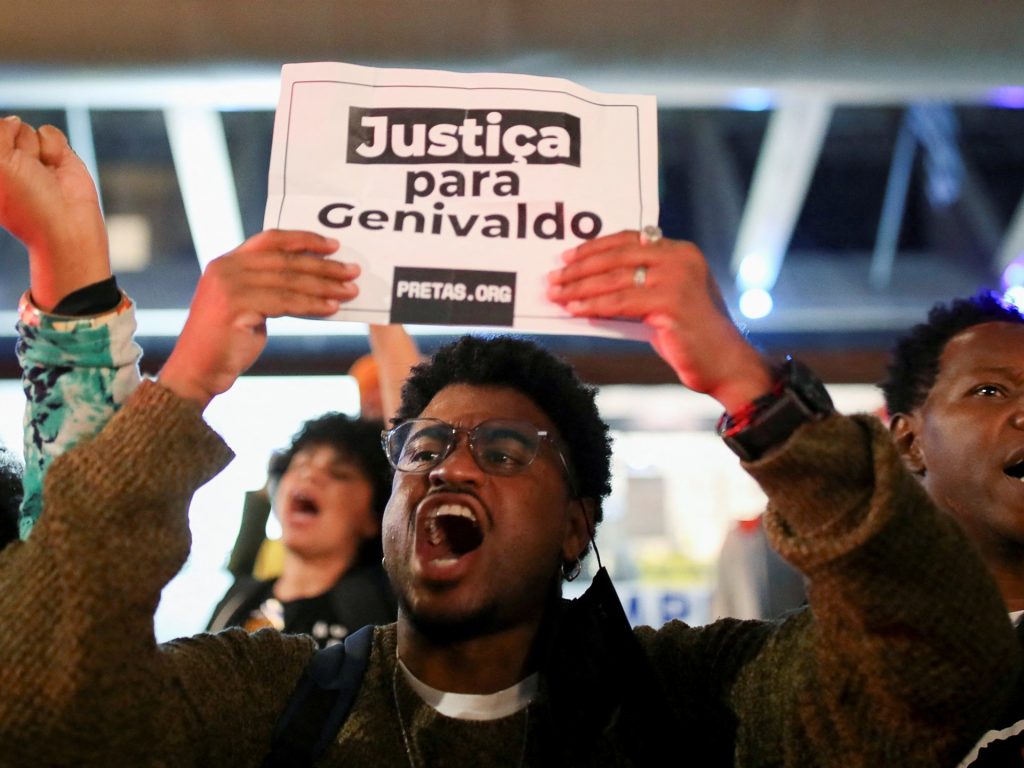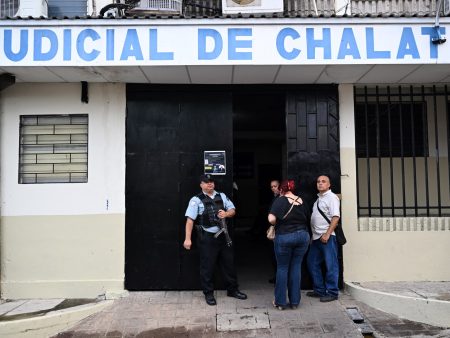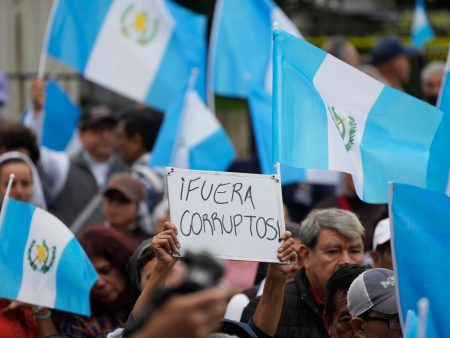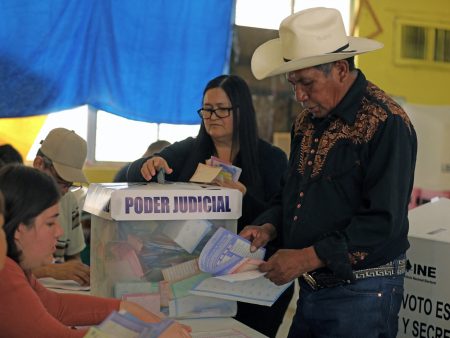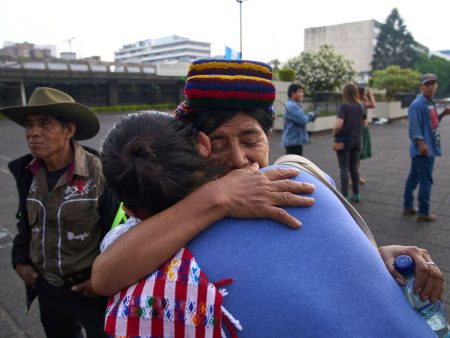The tragic death of Genivaldo de Jesus Santos, a 38-year-old Black man, in May 2022, sparked outrage and condemnation across Brazil and internationally. Santos was killed by three Federal Highway Police officers after being stopped for a minor traffic infraction – riding a motorcycle without a helmet – near Umbauba, Sergipe. The officers’ actions, captured in a chilling video that quickly circulated online, revealed a disturbing pattern of police brutality and disregard for human life, particularly targeting Black individuals in Brazil.
The video footage depicted Santos offering no resistance as the officers pulled him to the ground and restrained him. Despite claims by the officers that Santos was “actively resisting,” the video clearly contradicted this narrative. Reports indicated that Santos suffered from schizophrenia and was audibly communicating his condition and medication usage to the officers. Ignoring his pleas, the officers forced Santos into the back of their SUV. The subsequent moments, captured on video, showed the officers closing the boot and thick, white smoke pouring out. Santos’s screams and kicking legs, along with the cries of onlookers warning that the officers were killing him, painted a horrifying picture of the unfolding tragedy. The officers’ actions deliberately disregarded Santos’s vulnerability and pleas, demonstrating a callous disregard for his well-being.
The details of the officers’ actions leading to Santos’s death are particularly disturbing. Officer Paulo Rodolpho Nascimento was identified as having thrown tear gas canisters into the confined space of the SUV’s boot while helping to hold the door shut. Officer Kleber Freitas reportedly used pepper spray against Santos five times, and Officer William Noia aided in keeping the boot closed as the tear gas filled the enclosed space. The autopsy revealed that Santos died of asphyxiation, a direct consequence of being trapped in the gas-filled boot. The officers’ actions demonstrated a blatant disregard for standard police procedures and basic human rights, turning a minor traffic stop into a horrific execution.
The subsequent trial and sentencing of the officers provided a degree of accountability for their heinous crime. The 12-day trial featured expert testimony detailing Santos’s agonizing final moments, emphasizing the lethal nature of tear gas, especially in enclosed spaces and prolonged exposure. The court found all three officers guilty. Rodolpho Nascimento received the harshest sentence of 28 years for aggravated homicide due to his direct role in deploying the tear gas. Freitas and Noia each received 23-year sentences for torture resulting in death, reflecting their complicity in the killing. While the sentences offered a measure of justice, they cannot fully compensate for the loss of Santos’s life and the trauma inflicted on his family and community.
The case of Genivaldo de Jesus Santos underscored the deeply rooted problem of police violence and systemic racism within Brazil’s law enforcement agencies. A United Nations report released earlier in the year highlighted alarming statistics on police killings in Brazil. The report revealed that over 6,000 individuals are killed annually in encounters with Brazilian police, a figure that has significantly increased since 2013 when the number was 2,212. This drastic escalation points to a disturbing trend of escalating police violence and a lack of accountability. Most alarmingly, the report highlighted the disproportionate targeting of Black individuals, who constitute nearly 83% of the victims, making them three times more likely to be killed by police than their non-Black counterparts.
The case of Genivaldo de Jesus Santos serves as a stark reminder of the devastating consequences of uncontrolled police power, systemic racism, and the urgent need for comprehensive police reform in Brazil. The incident sparked widespread protests and renewed calls for greater accountability and transparency within law enforcement. The sentencing of the officers involved, while offering a semblance of justice, does not address the underlying issues that led to Santos’s death. The need for comprehensive reforms, including enhanced training, stricter protocols on the use of force, independent oversight mechanisms, and addressing the pervasive issue of racism within police forces, is paramount to preventing future tragedies and ensuring that all citizens are treated with dignity and respect under the law. The tragic loss of Genivaldo de Jesus Santos should serve as a catalyst for meaningful change and a turning point in the fight against police brutality and racial injustice in Brazil.




